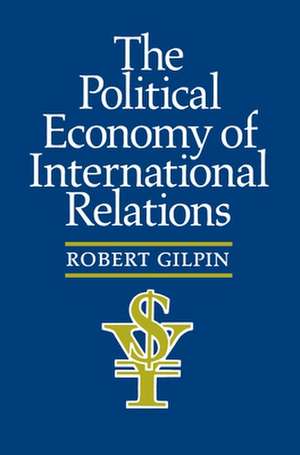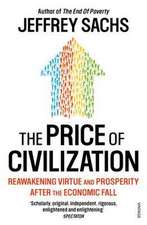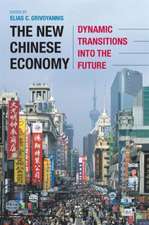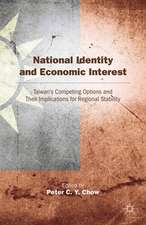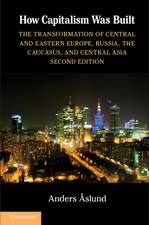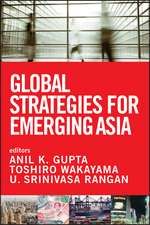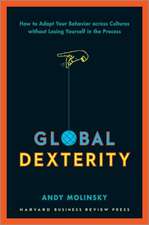The Political Economy of International Relations
Autor Robert G. Gilpinen Limba Engleză Paperback – 30 iun 1992
In this book, Robert Gilpin argues that American power had been essential for establishing these institutions, and waning American support threatened the basis of postwar cooperation and the great prosperity of the period. For Gilpin, a great power such as the United States is essential to fostering international cooperation. Exploring the relationship between politics and economics first highlighted by Adam Smith, Karl Marx, and other thinkers of the eighteenth and nineteenth centuries, Gilpin demonstrated the close ties between politics and economics in international relations, outlining the key role played by the creative use of power in the support of an institutional framework that created a world economy.
Gilpin's exposition of the in.uence of politics on the international economy was a model of clarity, making the book the centerpiece of many courses in international political economy. At the beginning of the twenty-first century, when American support for international cooperation is once again in question, Gilpin's warnings about the risks of American unilateralism sound ever clearer.
Preț: 468.13 lei
Nou
Puncte Express: 702
Preț estimativ în valută:
89.58€ • 93.72$ • 74.41£
89.58€ • 93.72$ • 74.41£
Carte disponibilă
Livrare economică 08-14 martie
Livrare express 26 februarie-04 martie pentru 58.23 lei
Preluare comenzi: 021 569.72.76
Specificații
ISBN-13: 9780691022628
ISBN-10: 0691022623
Pagini: 472
Dimensiuni: 164 x 232 x 28 mm
Greutate: 0.79 kg
Editura: Princeton University Press
Locul publicării:Princeton, United States
ISBN-10: 0691022623
Pagini: 472
Dimensiuni: 164 x 232 x 28 mm
Greutate: 0.79 kg
Editura: Princeton University Press
Locul publicării:Princeton, United States
Descriere
Exploring the relationship between politics and economics, this book demonstrates the close ties between politics and economics in international relations, outlining the key role played by the creative use of power in the support of an institutional framework that created a world economy.
